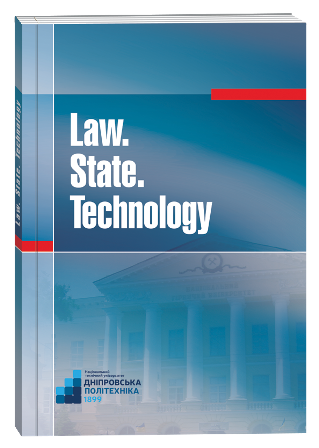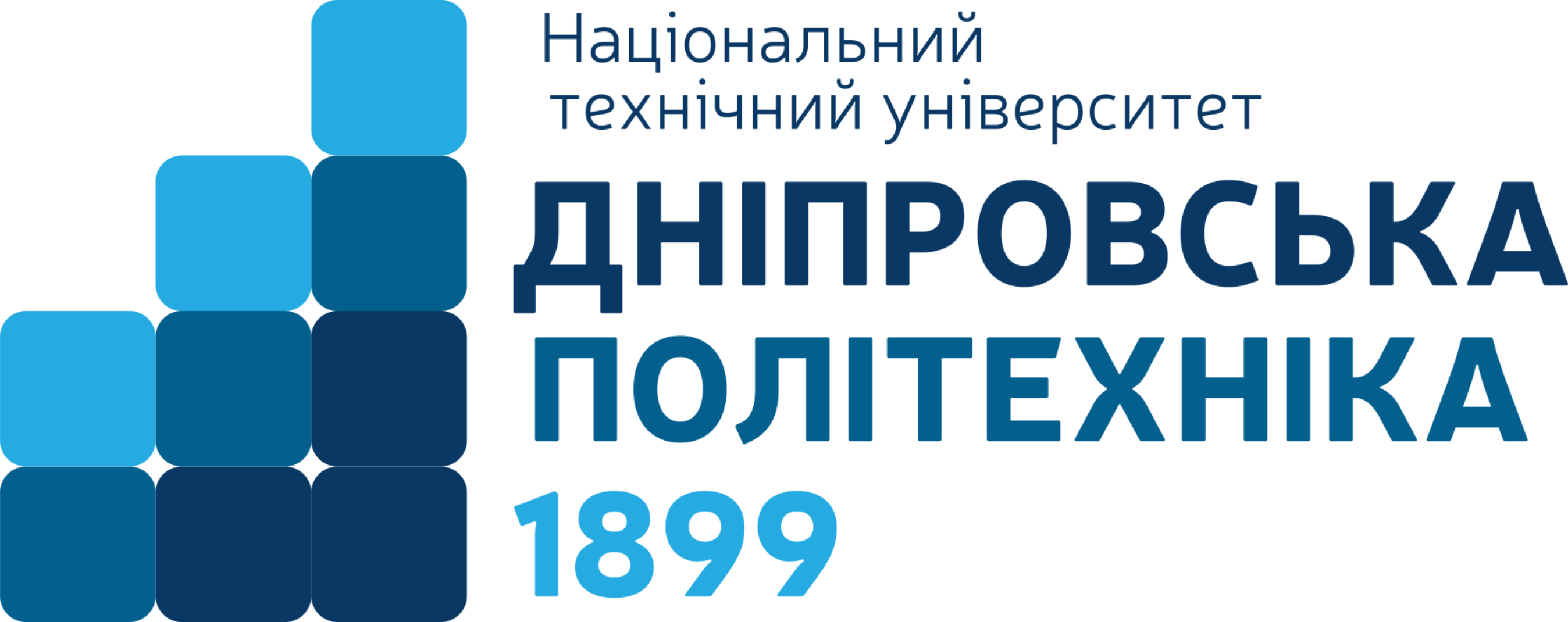JUSTIFICATION OF THE REVIEW OF APPROACHES TO THE LEGISLATIVE DEFINITION OF THE CONCEPT OF “WASTE”
DOI:
https://doi.org/10.32782/LST/2024-4-3Keywords:
legal regulation, environmental law, ownership, waste management, spontaneous landfills, conceptsAbstract
The purpose of the article is to justify the revision of approaches to the legislative definition of the term “waste”. The objective reasons for the low efficiency of waste management policy implementation include: the current practice of creating landfills, where waste is collected and disposed of unsystematically; the presence of a significant number of resource-intensive industries, the activities of which generate waste, including so-called man-made mineral deposits, or man-made waste, which can and should be used as secondary mineral-resource raw materials; lack of waste processing enterprises, which devalues waste sorting activities; the creation of so-called waste of «war» as a result of Russian military aggression on the territory of Ukraine, which leads to the pollution of large areas of the country; improper accounting and inventory of landfills and other places of waste storage, their disposal. The author concluded that the implementation of the Law of Ukraine "On Integrated Prevention and Control of Industrial Pollution" refers to preventive measures to minimize waste generation, create conditions for greening production and build a closed-loop economy, which is defined as one of the priorities of the implementation of the European policy in the field of environmental protection, which requires the creation of conditions for the introduction of wastefree technologies (provisions of the Directive 2008/98/EC on waste, where a clear priority is established in this area, namely: prevention of formation, preparation for repeated use, recycling or other type of waste disposal, and only in the last resort – their disposal). The author justified his own approach to reviewing the understanding of the category «waste» as «any substances, materials and objects that their owner gets rid of, intends or must get rid of, and is responsible for taking measures to minimize their formation, taking measures to create conditions for their recycling», which requires amendments to Article 1 of the Law of Ukraine «On Waste Management».
References
Кустовський Є. О., Лавріненко В. М. Порівняльний аналіз підходів до поводження з відходами в Україні та ЄС. Інновації у сфері поводження з відходами: досвід та практика. Матеріали науково-практичної конференції, 16 квітня 2019 року. Київ: Національний педагогічний університет імені М.П. Драгоманова, 2019. URL: http://enpuir.npu.edu.ua/bitstream/123456789/24454/1/Innovatsii%20U%20Sferi%20Povodzhennia%20Z%20Vidkhodamy%20Dosvid%20Ta%20Praktyka_2019.pdf
Аналіз стану сфери поводження з побутовими відходами в Україні за 2022 рік. URL: https://mtu.gov.ua/news/34323.html
Про управління відходами: Закон України від 20 червня 2022 року № 2320-IX. URL: https://zakon.rada.gov.ua/laws/show/2320-20#Text
ДОСТ 4462.0.01:2005 «Поводження з відходами. Терміни та визначення понять». Київ: Держспоживстандарт України, 2007. 18 с.
Цивільний кодекс України від 16 січня 2003 р. URL: http://zakon.rada.gov.ua/laws/show/435-15
Про інтегроване запобігання та контроль промислового забруднення: Закон України від 16 липня 2024 року № 3855-IX. URL: https://zakon.rada.gov.ua/laws/show/3855-20/print
Легеза Ю. О. Дозвільно-ліцензійне провадження у сфері використання природних ресурсів. Науковий вісник Міжнародного гуманітарного університету. Серія «Юриспруденція». 2017. Вип. 25. С. 35–40.
Directive 2008/98/EC of the European Parliament and of the Council of 19 November 2008 on waste and repealing certain Directives (Text with EEA relevance). URL: https://eur-lex.europa.eu/legal-content/EN/TXT/?uri=celex%3A32008L0098








